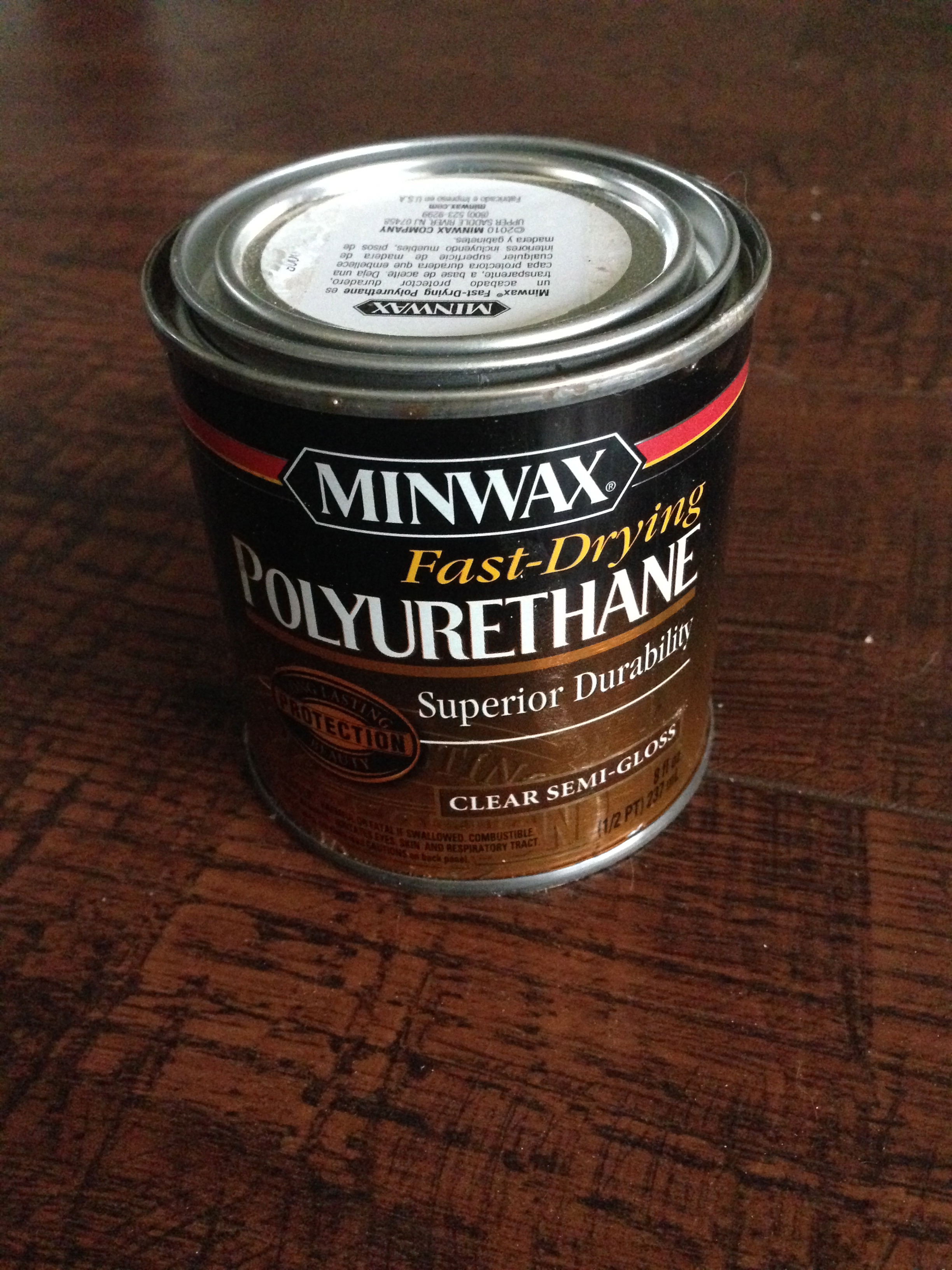Provides long-lasting beauty and protection to any interior wood surface. Among the most durable coatings for wood protection. Ideal for woodwork, furniture, doors, cabinets and floors. Can be used on both finished and unfinished wood. Enter your location for pricing and availability, click for more info.
Oil based polyurethanes are designed to let the natural beauty of your wood surfaces shine through. FREE Shipping on eligible orders. It comes in varieties - glossy and satin finish. Polyurethane is a protective finish that is available in both oil based and water based forms. Water based polyurethane is famous for being low odor and low toxic.
Showing of 1 that match your query. It is transparent as compared to the oil based version which has a slight color. Minwax Polyurethane Gloss. Classic Water- Based Pre-Stain Wood Conditioner Varathane qt.
Varathane Wood Conditioner helps prevent splotchy uneven staining on soft and porous wood types including birch maple alder fir and pine. Self-leveling formula provides superior scuff scratch and stain resistance. Oil - based finishes are not as affected by cooler temperatures, but lower temps will still slow the oxidation of the finish. GF again suggests moving the piece back into warmer temperature after applying finishes for the days of cure time. Step 6: Apply Polyurethane.
Once the wood stain has completely drie it is time to brush on the polyurethane protective finish. Again, use a soft brush that is meant for oil - based polyurethane. Once the polyurethane has dried completely, sand it using a fine grit sandpaper. When wood gets stain and seal it can raise the grain and make it feel. Bubble-Free Polyurethane.

Oil Base Polyurethane Brush Technique. Water- based polyurethane runs about $per gallon, enough to cover 6square feet of floor space. In addition to improved drying times, it does not have to be constantly stirred. If it’s re-coated within hours, it does not have to be sanded between coats.
Clear Polyurethane Stains. Polyurethanes are commonly available in both oil - based and water- based formulas, and there are minor differences between the two in both performance and application. An each time you san you remove some of the finish. So, sanding is not recommended except before the final coat. Oil - based polyurethane is a traditional finish, imparting a softer appearance, almost like a glow.
It also can go over oil - based finishes and can be applied using synthetic-bristle brushes, a foam roller or a rag, as can other water- based polyurethanes. If you love the natural look of maple, apply a water- based (waterborne) polyurethane. They appear milky in the can, but go on clear and remain clear. The hardening process can turn oils and resins a light honey color as it ages.
Use an oil - based finish to add character to oak to give it a warm glow. Pro tip: Speaking of coats, oil based polyurethane has more solids than water based finish, so just two coats are required. We recommend three coats of water based poly. Some of these water- based finishes are not for use over lacquer or shellac. Spray lacquer is commonly used on new furniture and in new construction.

A great finish to try is ZAR brand ULTRA Max – a waterborne oil modified polyurethane. Sample was dipped and left to rest for months. Finally, water- based poly dries a lot faster, giving dust less time to settle out of the air into your finish.
Oil-based poly will be slightly more resistant to scratches, moisture and heat when compared with water-based poly. So, why use water-based when oil-based offers improved protection? There are three primary considerations: color, odor and drying time. Some woodworkers dislike the yellow cast oil-based polyurethane puts on white woods, such as maple. In general, a water-based polyurethane will not add color to the wood and will preserve the wood’s natural tone.
Recoating a water- based acrylic floor finish with oil - based polyurethane is not usually a problem, so long as the old finish is properly buffed and cleaned before applying the new finish. Flooring wholesalers and veteran floor finishers agree that you can recoat water- based poly with oil - based as. Oil -modified polyurethane , whose solids are a mix of alkyd resins and plastic ( polyurethane ), is a tough, solvent-resistant finish with a long, proven history which many people consider to be superior to the newer, water- based finishes. I am afraid any towels we put in there may end up smelling like polyurethane until the smell goes away.
It has a trace of the smell for a few days. Difference between oil based poly and this is nuclear bomb and fire cracker.
No comments:
Post a Comment
Note: Only a member of this blog may post a comment.